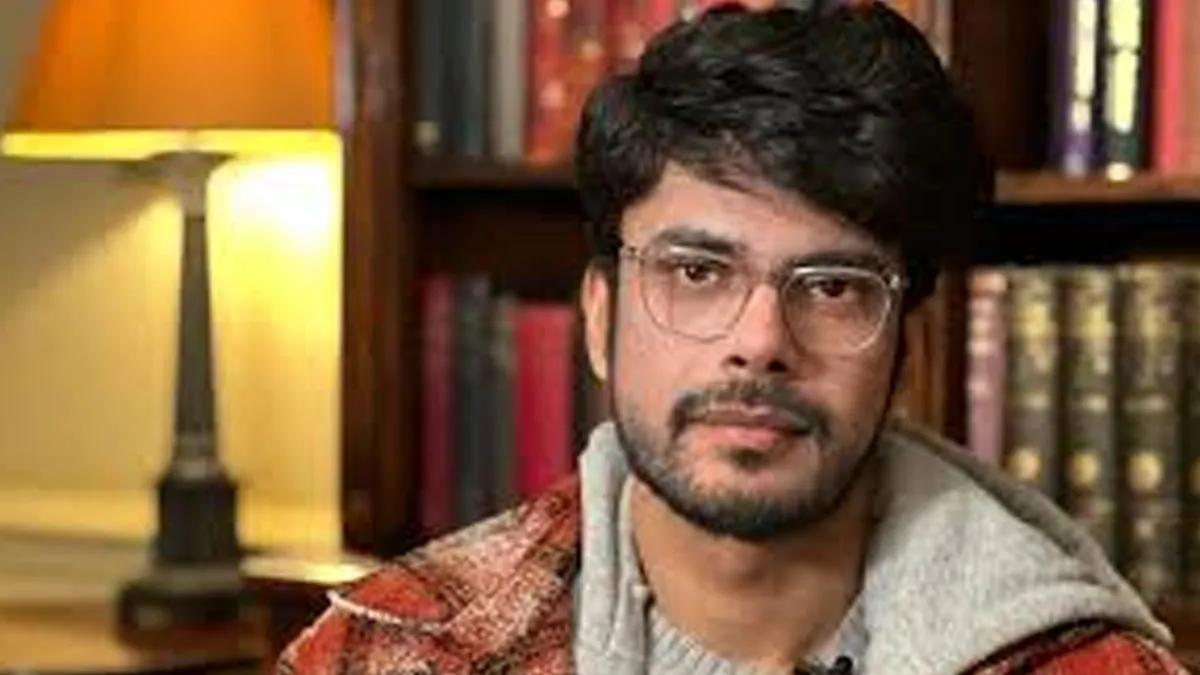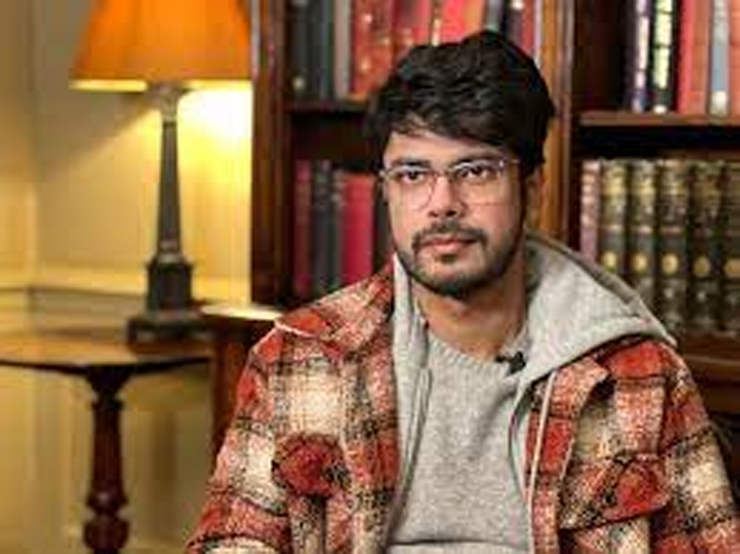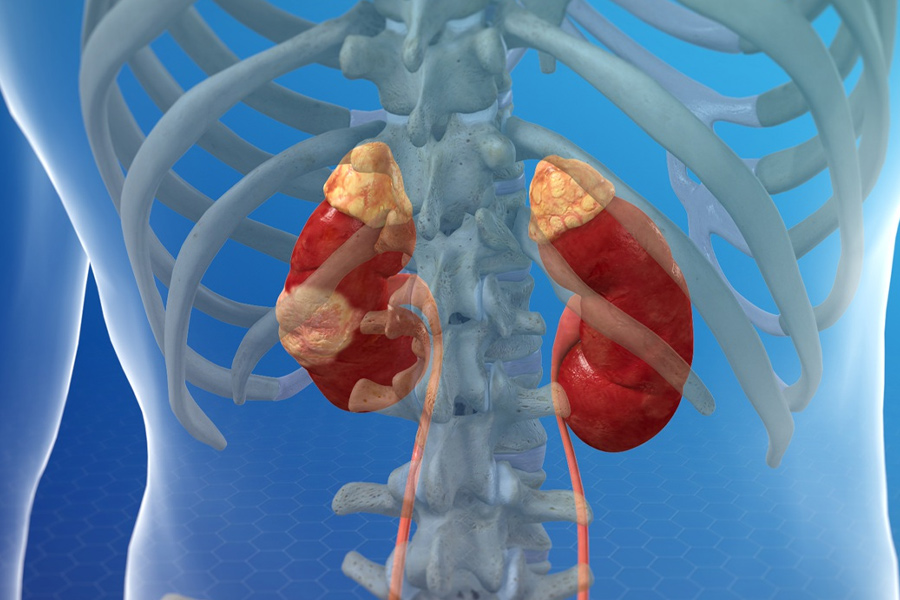
In a surprising revelation, renowned filmmaker Shaunak Sen shared a personal update on his health. It was revealed that he was diagnosed with early-stage renal cancer after an incidental discovery during a routine checkup. This unexpected diagnosis has sparked conversations about kidney cancer, its symptoms, and the importance of early detection.
Table of Content:-
Details Of The Diagnosis
In a heartfelt Instagram post, Shaunak explained how the diagnosis came about. "Bit of an absurd update. October end, during a checkup for an autoimmune thing, I got a shock diagnosis—a routine scan revealed a small malignant tumour in the kidney. Urgent surgery was advised," Shaunak wrote. He went on to express how this discovery was a blessing in disguise since it was detected early. The small malignant tumour was found to be in its early stages, and Shaunak underwent partial nephrectomy, a surgical procedure in which part of the kidney is removed to eliminate the tumour.
View this post on Instagram
Shaunak's story is a reminder of the importance of regular checkups, especially when the symptoms are not apparent. Interestingly, the filmmaker did not experience any symptoms of kidney cancer prior to the diagnosis. He further shared that he had no history of kidney cancer in his family, and he doesn't smoke or drink, two major risk factors for the disease.
What Is Renal Cancer?
As per Dr Muralidhar Bora - Consultant Radiation Oncologist, HCG Cancer Centre, Vizag, renal cancer, also known as kidney cancer, occurs when abnormal cells in the kidney grow uncontrollably, eventually forming a tumour. These tumours can be either benign (non-cancerous) or malignant (cancerous), with malignant tumours potentially spreading to other parts of the body, a process known as metastasis.
While kidney cancer is most commonly diagnosed in individuals aged 65 to 74, it can affect people of all ages, though it is relatively rare in children.
According to Dr Bora, there are various types of kidney cancer, with Renal Cell Carcinoma (RCC) being the most common form. The disease tends to progress silently, and symptoms may not appear until the tumour has grown significantly. Shaunak's case highlights how a routine scan can reveal the disease in its early stages, making it treatable.

Early Symptoms of Kidney Cancer
Kidney cancer often does not show symptoms in its early stages, making it difficult to detect. However, as the tumour grows, symptoms may appear, which could include:
- Blood In Urine: One of the most common symptoms of kidney cancer, visible or microscopic blood in the urine can be alarming.
- Lump Or Mass: A palpable mass or lump in the kidney area can indicate the presence of a tumour.
- Flank Pain: Pain in the back or side, often below the ribs, can be a sign of a kidney tumour.
- Fatigue: Unexplained tiredness or weakness can be a symptom of kidney cancer.
- Loss Of Appetite: A decrease in appetite can lead to unintended weight loss.
- Anaemia: A decrease in red blood cells can lead to anaemia, resulting in fatigue and weakness.
- High Blood Pressure: Kidney cancer may cause an increase in blood pressure.

Causes And Risk Factors
While the exact cause of kidney cancer remains unclear, experts agree on several risk factors that may increase the likelihood of developing the disease:
- Smoking: Smoking is a significant risk factor, as the chemicals in tobacco can damage the kidneys.
- Obesity: Being overweight increases the risk of kidney cancer. The more a person weighs, the higher the risk of developing the disease.
- High Blood Pressure: Hypertension is linked to kidney cancer, as it can strain the kidneys and cause long-term damage.
- Family History: A family history of kidney cancer may increase the likelihood of developing the disease.
- Long-Term Dialysis: Individuals on long-term dialysis for kidney failure may be at greater risk of kidney cancer.
Bottomline
Shaunak Sen’s story highlights a crucial point: kidney cancer can sometimes be asymptomatic, making early detection vital. The filmmaker’s positive outlook and recovery after surgery inspire others to take charge of their health. As more people learn about kidney cancer and its symptoms, the hope is that early diagnosis and timely treatment will become more common, leading to better outcomes and improved quality of life for those affected.
Regular checkups, maintaining a healthy lifestyle, and understanding the risks and symptoms of kidney cancer can help prevent or manage the disease, ensuring better health for everyone.
Also watch this video
Read Next
Your Favourite Hot Beverage May Be Increasing Your Risk Of Cancer; Here’s What You Should Know
How we keep this article up to date:
We work with experts and keep a close eye on the latest in health and wellness. Whenever there is a new research or helpful information, we update our articles with accurate and useful advice.
Current Version